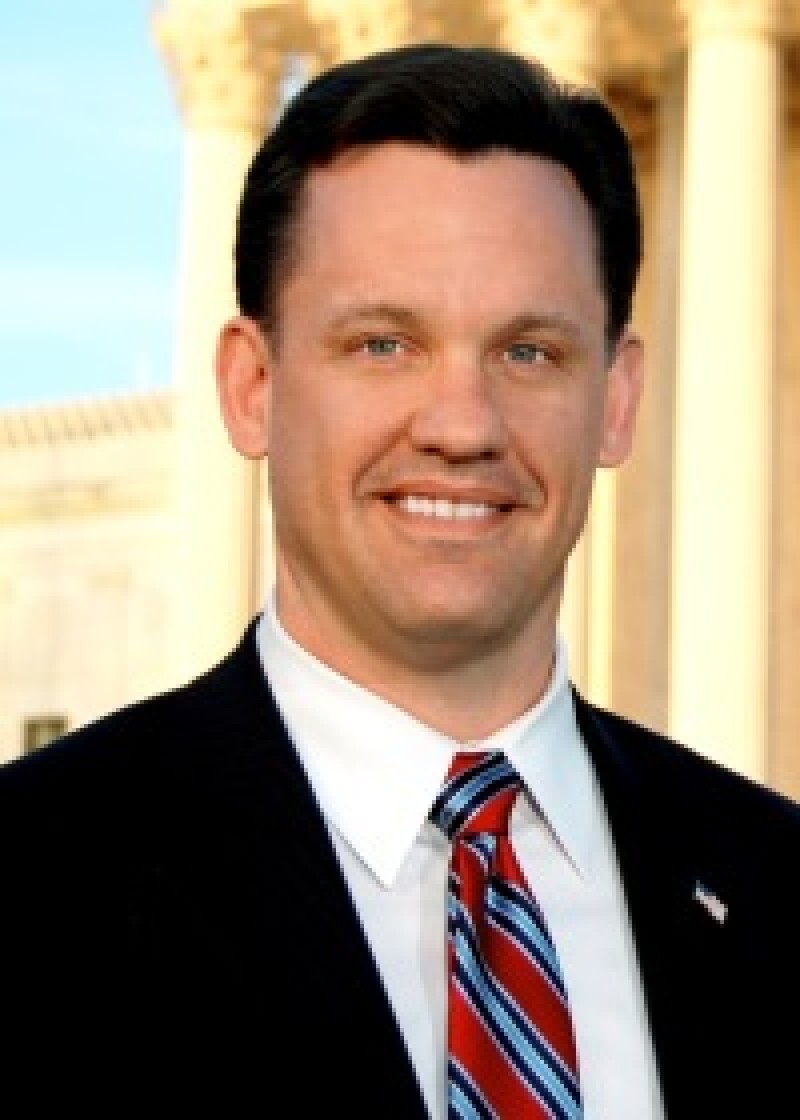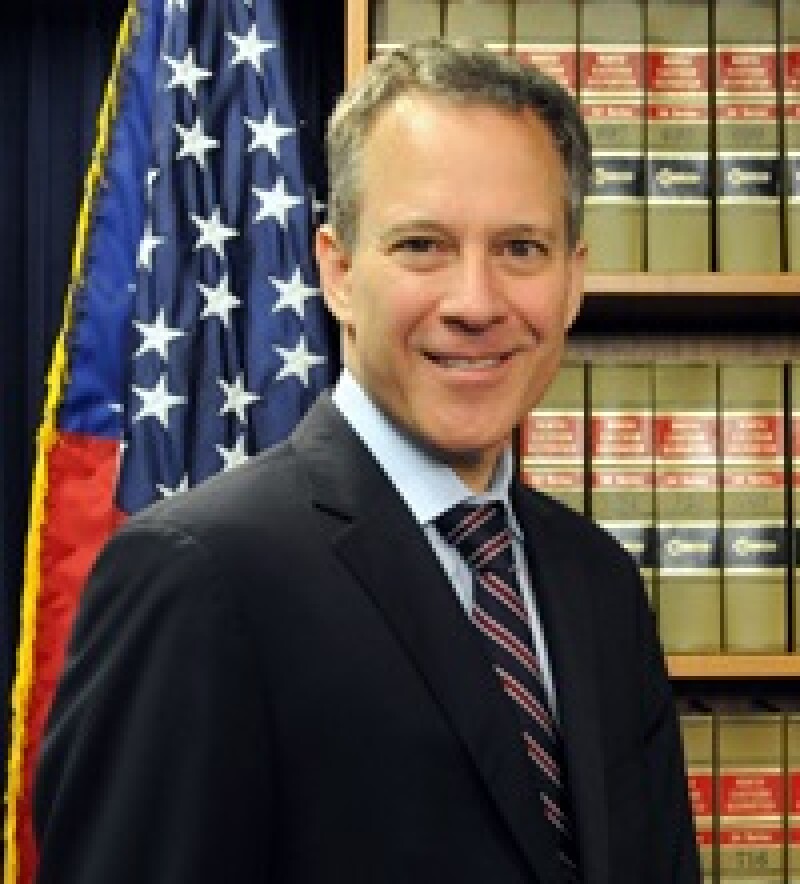Whatever your preferred term for them – patent-assertion entities, non-practicing entities, patent-holding companies or just plain trolls – they’ve been getting it from all sides.
Politicians in Congress spent much of last year bashing trolls. Now, state politicians are increasingly getting in on the act. Attorneys general are falling over each other to take on trolls.
Child pornographers, sexual assaulters, patent trolls...

Earlier this month Nebraska’s attorney general Jon Bruning (right) lumped patent trolls in with child pornographers and sexual assaulters when unveiling his targets for legislation this year. His proposed patent abuse prevention act would define unlawful patent assertion activity and require any person sending more than 25 patent assertion letters to notify the attorney general. This is similar to legislation that was passed by Vermont’s attorney general last year. South Carolina’s attorney general Alan Wilson this week also jumped on the troll bashing bandwagon.
Bigger news came this week when New York’s attorney general Eric Schneiderman announced a settlement with MPHJ Technology Investments, seen by many as the poster child for the patent troll issue.
The settlement requires MPHJ to allow any licensees that received deceptive letters to void their licence and prohibits the firm from contacting businesses it has previously targeted. More significantly, it imposes a variety of obligations on the firm that Schneiderman said should serve as guidelines for all patent trolls, including requiring a good faith effort to determine whether a targeted business has engaged in an infringement, providing material for an accused infringer to evaluate a claim, making no misleading statements about a licence fee, and being transparent about the true identity of the patent holder.
The heat will likely continue to be turned up on patent trolls at a state level. For example, law professor Robin Feldman of the Institute of Innovation Law at the University of California Hastings College of Law declared that the New York settlement “provides a model for other states, and for federal regulators as well”.
Trolls may not take it lying down, however.
This week – in a move that was described variously as a “patent stunner”, an “unbelievable act of chutzpah” or, more soberly, a “bold lawsuit” – MPHJ sued the Federal Trade Commission for trying to stop it seeking payouts for patent infringements. The FTC previously threatened to sue MPHJ for unfair competition.
Not all patent-assertion entities are equal

While few are showing support for MPHJ in particular, some are raising big concerns that attorneys general may go too far and take too simplistic an approach to patent trolls.
Patent attorney Gene Quinn on his IPWatchdog blog acknowledged that it is relatively clear that MPHJ engaged in activities that earns itself the characterisation of a patent troll. But he chided New York Attorney General Schneiderman (right) for his strong language about trolls that suggested it is condemnable to buy patents and enforce them at all.
“I’d rather take a far more nuanced position than did Attorney General Schneiderman,” said Quinn. “Unfortunately, in his announcement the attorney general goes too far. What he says means that virtually all patent owners are patent trolls. He also suggests that engaging in legal, authorised activity under the patent laws could subject one to investigation, which is obviously a dangerous precedent; one that is hardly necessary to justify what appear to be entirely appropriate actions taken against MPHJ.”
Similarly, Nebraska attorney general’s approach has drawn criticism. Bruce Berman, CEO of Brody Berman Associates, raised fears on the IP CloseUp blog that lawmakers may not separate the truly heinous from those merely acting in bad faith.
“I fear, however, that distinctions between NPEs and patent quality are not being made, and that legitimate, innovation-enhancing enforcement is likely to be thrown out with the bath water,” said Berman.
“Painting bad faith patent enforcers with the same brush as child pornographers and illicit drug makers is worrisome. You would hope that someone with good sense would step up and remind lawmakers that NPEs differ, and that MPHJ is the (rare) exception, and not the rule.”
With states taking more action against abuses, and Congress likely to pass legislation tackling patent litigation abuse, the heat is likely to be turned up on trolls throughout this year.









